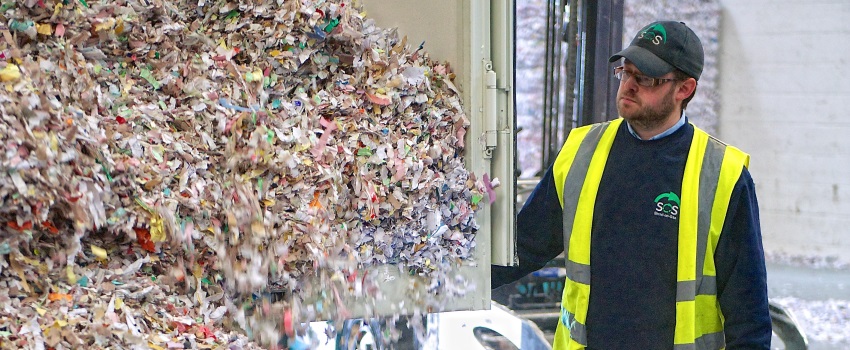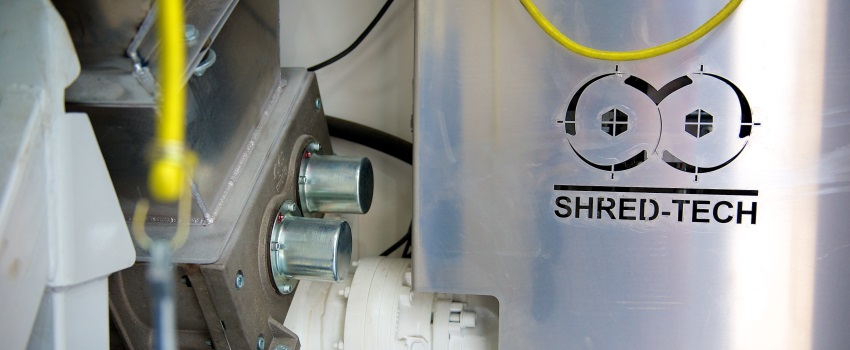Under GDPR where will your printed but unused documents go?
Despite the move towards using computers and technology at work on a daily basis, on average, any individual that has a desk-based job uses around 10,000 sheets of paper per annum. This can cover anything from printed reports or employee performance reviews, but the majority of it ends up being discarded ready for recycling, or simply thrown in the bin after use, however this poses serious security concerns under the new GDPR which comes into action in May 2018.


